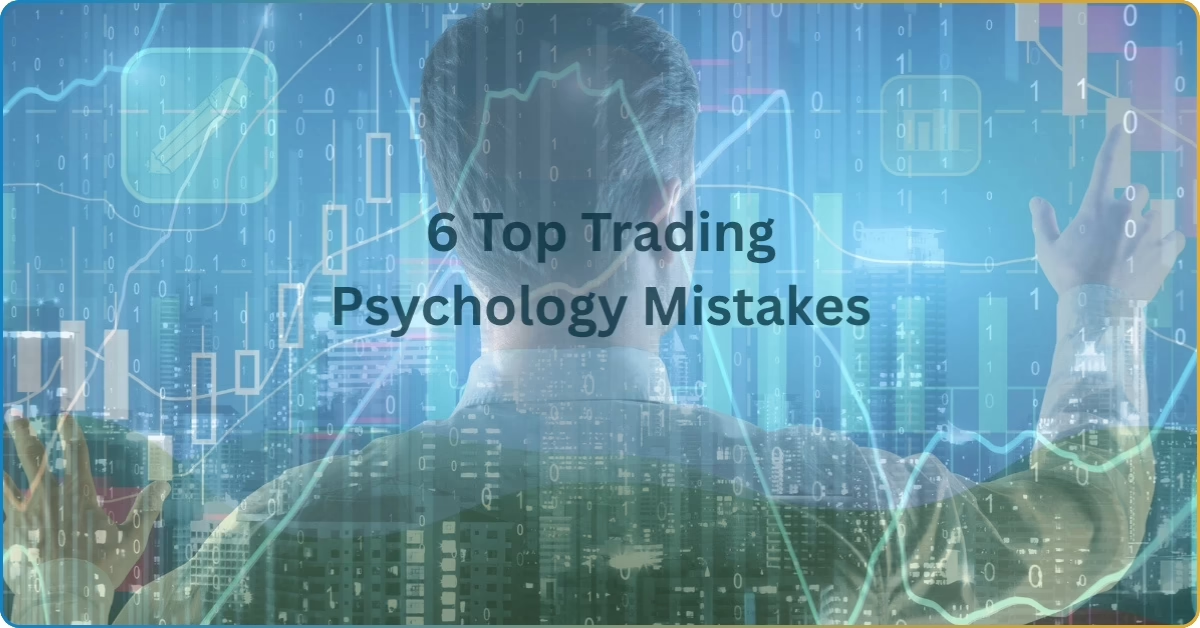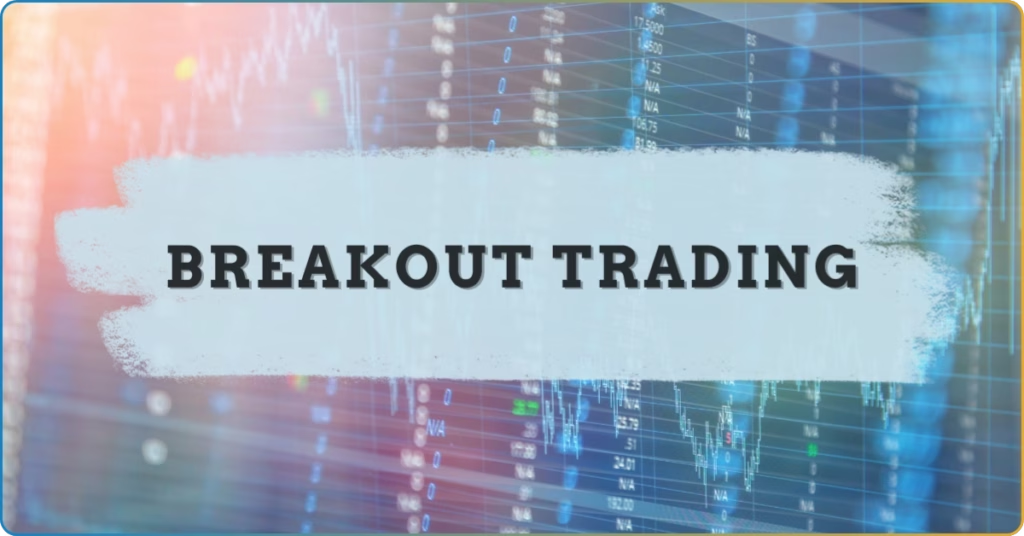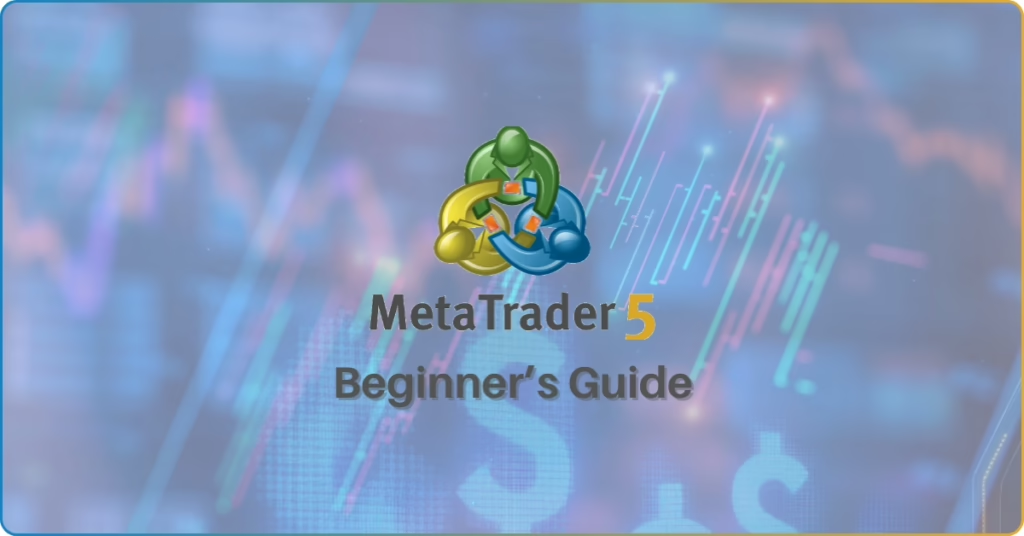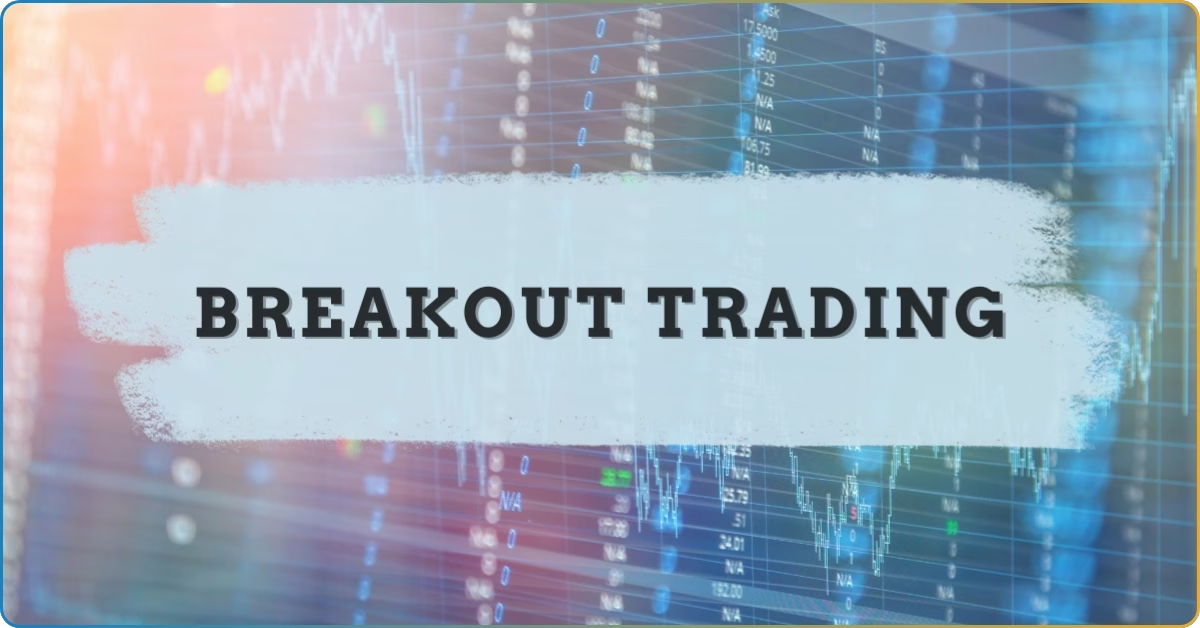The world often makes traders look like superheroes, people with nerves of steel, razor-sharp instincts, and technical mastery. It’s easy to believe that they have some kind of innate powers, something that the average person could never have. Technical knowledge and strategy are undeniably important, but there’s another factor quietly shaping every trade: trading psychology. It rarely makes headlines. Yet, it can make or break your performance in the market. In fact, many traders struggle not because of strategy but because of trading psychology mistakes that go unnoticed.
In this guide, we will walk you through what trading psychology is, how it can influence your investment outcomes, the most common trading psychology mistakes, and practical tips to help you build a strong mental foundation.
What is Trading Psychology?
Trading psychology pertains to one’s emotions and mental state that influence a trader’s decisions and behavior, especially under pressure. A famous saying from renowned Stanford professor Baba Shiv states, “The rational brain is only responsible for about 5 to 10% of our decision-making.” Taken from Shiv’s neuroscience research, showing that emotions, not logic, drive 95% of our decisions, a powerful reminder of why mastering trading psychology is important in one’s success in the market. Without it, traders are most likely to fall into these trading psychology mistakes.
For more trading essentials like this, join us today at Traders United’s CommuniTrade and gain access to valuable insights and tips, perfect for both seasoned and those just starting.
6 Trading Psychology Mistakes You Need to Avoid
Below are six of the deadliest trading psychology mistakes traders are likely to fall into without a strong, disciplined mindset, one that can only be achieved through continuous learning and self-mastery.
1. Ego
The ego might be the most subtle yet dangerous force in trading. It can distort judgment and make traders ignore clear market signals and resist the urge to cut losses. After a winning streak, it can even push them to take bigger risks, ignore trading plans, and hold positions for too long, hoping the market will validate their decisions. These are classic trading psychology mistakes that stem not from lack of skill but from letting pride override one’s discipline. In the financial markets, humility and discipline consistently outperform pride and overconfidence.
2. Fear
As a new trader, fear of losing money can get in the way of a well-positioned trade, leading to premature exits and missed investment opportunities.
It’s only natural to fear losing money, but it’s important to understand that every trade carries some level of risk. That said, it is important to keep in mind that there’s such a thing as a “no-risk” trade or investment. The best way to manage that fear is to trade only what one is comfortable losing and to treat risk management as part of one’s strategy, not just an afterthought.
3. FOMO (Fear of Missing Out)
Watching others succeed can trigger a rush of urgency. With no clear plan, let alone the right trading mindset, traders may be drawn to make impulsive decisions, driven by emotion rather than logic or strategy. When discipline takes a backseat, FOMO often takes over, resulting in trading psychology mistakes that can quietly erode a trader’s performance over time.
4. Regret
For new traders, everything feels exciting as they ride the market’s ups and downs. Winning comes easy and confidence builds quickly, but then comes their first loss, and it can hit like a ton of bricks.
Think of someone recovering from a tough breakup, then suddenly meeting a great person. Still caught up in the past, she hesitates. By the time she feels ready, that person has already moved on with someone else. Good opportunities don’t wait around forever, and that’s just as true in life as it is in trading.
After the first loss, new traders tend to become overly cautious or hesitant, missing out on valuable profit-taking opportunities as a result.
5. Hope
Many traders enter the market for the profit potential but underestimate the time and discipline that is required. New traders, in particular, tend to get emotionally attached to their positions. When the market goes against them, they find it hard to let go and keep on hoping for a reversal. Emotional attachments like this will often lead to deeper losses. To be a successful trader, it is important to learn to cut one’s losses and reassess positions with a clear, rational mindset.
6. Greed
Greed can take over during a winning streak, where the adrenaline and excitement of consecutive gains can cloud judgment. Eager for more wins, new traders, especially those without a solid trading mindset, start ignoring risk management, holding on to trades longer than they should, or overextending trades, just the kind of trading psychology mistakes that will erase your hard-earned profits. In trading, the rules are simple: stick to the strategy and avoid chasing the market. But when greed takes precedence, many new traders end up doing the exact opposite: trading emotionally instead of strategically.
5 Best Trading Psychology Books to Get You on the Right Track
Below are five of the best trading psychology books to help traders develop the mental discipline needed to thrive in the financial markets.
1. Market Mind Games: A Radical Psychology of Investing, Trading, and Risk by Denise Shull
This book delves into how perceptions and emotions can influence trading decisions, helping the reader recognize and address their internal trading biases.
Many consider it not just theoretical but also highly practical, as it uses real-life examples that readers can apply to their trading experiences. It’s a heavy read that requires patience, but for those willing to dig into its insights, it’ll help manage emotions and develop a more disciplined trading mindset.
2. The Disciplined Trader by Mark Douglas
Seen as a classic in the trading psychology sphere, many say it holds the foundational knowledge needed to get the mindset necessary to succeed in trading. Some readers bring emphasis to the book as a “mental housecleaning” as it enables traders to examine internal obstacles like beliefs, ego, and fear, that can get in the way of trading consistency.
“The Disciplined Trader” takes a slower, introspective pace, with many sections leaning towards the philosophical. Not every concept directly translates into practical, actionable steps, but it offers deep insights for people who are serious about trading psychology. It is best suited for people beyond surface-level tips and who are interested in absorbing and applying its lessons with patience.
3. Trading in the Zone by Mark Douglas
Mark Douglas’ Trading in the Zone promotes the idea of thinking about probabilities rather than predicting the market. It reframes how traders perceive risks, losses, and edge. Rather than focusing on external tactics or strategies, this book leans more toward shifting mindsets and is seen by many as an essential read for those who want to strengthen their mental game, ultimately helping them avoid common trading psychology mistakes that can cost them their hard-earned profits.
4. The Art of Thinking Clearly by Rolf Dobelli
The Art of Thinking is a well-regarded book that offers insights applicable to both everyday life and trading. While some readers find some parts to be familiar, especially if they’ve read other psychology books, “The Art of Thinking Clearly” still serves as an excellent starter resource for those new to this subject. It helps readers develop clarity of thought and recognize common mental traps, which are valuable for beginner traders. It also features a humorous tone and short, digestible chapters, making complex ideas easy to understand.
5. Trade With Passion and Purpose by Mark Whistler
While the rest of the books above focus on foundational concepts of trading psychology, “Trade with Passion and Purpose” delves into the often-neglected aspects of trading, such as emotional balance, self-esteem, and purpose beyond profit.
The book isn’t founded on theory alone as Whistler has provided anecdotes and interviews with real traders, making it both an enjoyable and motivating read. By highlighting the importance of values, mindset, and resilience, it helps traders navigate the emotional side of the financial markets and avoid common trading psychology mistakes that can quietly undermine their long-term success.
Final Verdict
Strategy alone isn’t enough to succeed in trading. At the heart of every successful trader lies a strong, disciplined mindset. Some of the deadliest trading psychology mistakes are ego, fear, greed, FOMO, regret, and hope, as they derail even the best of strategies. Overcoming these emotions requires strengthening one’s trading psychology through continuous learning and awareness. In the end, what truly sets a trader apart in the financial markets is not just skill, but also self-mastery.
Ready to take your trading to the next level? Join us today at Traders United’s CommuniTrade and gain access to our ever-expanding library of expert resources for both seasoned and new traders.

















